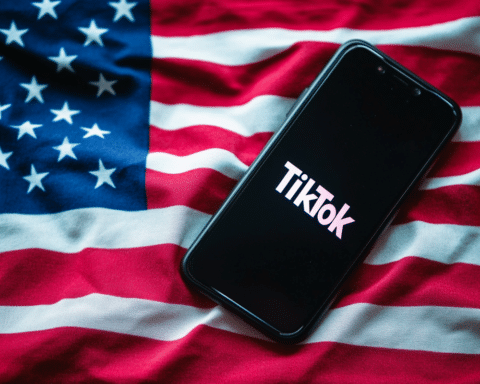Australia is moving to implement a minimum age requirement for social media, aiming to protect children’s mental and physical health. The proposal, led by Prime Minister Anthony Albanese, seeks to reduce the negative influence of online platforms on young people, promoting more physical activities and real-world experiences.
The idea of age restrictions has stirred debate, especially among digital rights advocates, who fear it could push harmful activities into less regulated online spaces. To address these concerns, the government has announced a trial to test age verification methods before any laws are enacted, gathering insights from key stakeholders.
While the exact age limit is not yet confirmed, it’s expected to be between 14 and 16 years. If enacted, Australia would join a handful of countries trying to regulate social media access for minors, following earlier, unsuccessful attempts by the European Union. The EU’s efforts were shelved due to concerns over limiting children’s online rights.
Encouraging Offline Engagement
Albanese’s primary goal is to reduce the time children spend online and encourage physical activities. The government aims to push children away from their devices and into sports fields, swimming pools, and other physical environments. The decline in physical activity among youth, coupled with social media’s influence on their mental well-being, has driven this initiative.
A recent parliamentary inquiry into social media’s societal effects revealed alarming mental health challenges among teens, highlighting the urgency of government action. Testimonies detailed the harmful impact of social media on young users, further emphasizing the need for intervention.
Tech Industry’s Response
The tech industry, particularly companies like Meta (which owns Facebook and Instagram), has expressed concerns about the proposed regulations. Meta currently imposes a minimum age of 13 for its platforms but believes that, instead of cutting off access, children should be guided on how to use social media safely. Meta advocates for parents being equipped with tools to support and monitor their children’s online activity.
Other tech giants, including YouTube owner Alphabet and TikTok, have yet to publicly respond to Australia’s proposals, but the industry’s reaction indicates a general apprehension about how such laws could affect platforms and users.
Potential Risks of Restriction
Despite the intention to protect children, some experts warn of unintended consequences. Digital rights advocates argue that pushing minors off mainstream platforms may lead them to seek less regulated, and potentially more dangerous, online spaces.
Daniel Angus, an academic at Queensland University of Technology, notes that removing young people from the digital world could isolate them from valuable online interactions and lead them to riskier corners of the internet. Australia’s eSafety Commissioner has also warned that a restrictive approach could limit young people’s access to important support systems available on mainstream platforms.
Seeking Balance
Given these concerns, industry leaders and mental health experts are urging the Australian government to adopt a balanced approach. DIGI, a representative group for social media platforms, recommends that any new regulations consider the perspectives of mental health professionals and marginalized communities. They argue that an outright ban could inadvertently push children toward hidden, more dangerous areas of the internet.
Australia’s upcoming trial will determine the effectiveness of the proposed laws. Striking a balance between protecting children and allowing healthy online engagement will be essential, especially as the majority of Australians, including young people, are active on social media platforms like YouTube and Instagram.
Finding Middle Ground
Australia’s plan to introduce age restrictions on social media has sparked a complex debate. While the government’s goal is to shield children from potential harms, experts caution against overly broad restrictions. The trial’s outcome will likely shape future policies on managing young people’s online activities, not only in Australia but globally.





